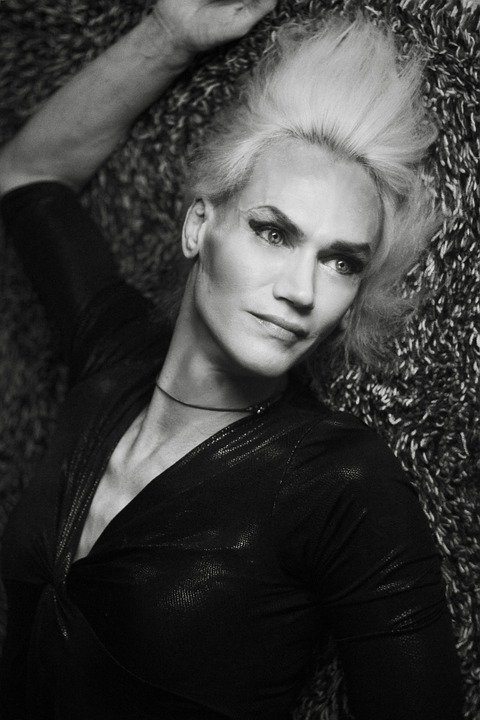Surely you agree with us that discrimination is unacceptable in any of its aspects. So it is extremely unfortunate that, living in the 21st century, there are still people who discriminate against others because of their sexual identity.
Many transsexuals suffer a cruel type of discrimination that translates into social invisibility. This irrational obscurantism leads them to have to continually endure the confusion and ignorance that others have about their way of living and feeling.
Throughout this article we will try to solve the main doubts that may arise about what it means to be a trans person. And we will tell you what you should never ask a transsexual to avoid offending or hurting them.
What does it mean to be a trans or transsexual person?
To start the path of acceptance, the first thing we have to understand is what a transsexual person is, also preferably called “trans”.
In principle, you should know that there is not a single form of transsexuality. On the contrary, there are as many as there are people with these characteristics. However, we could define, broadly speaking, as “trans” a person whose gender identity does not correspond to the one who was born.
There is a term that complements it: “cis”. It is about those people whose gender identity is the same that nature has assigned them at birth.
Do you know someone trans and you are dying to ask about her life?
If you can’t resist asking a trans intimate question, be very tactful when doing so. We suggest that you only dare to ask if you have a close relationship with that person, because you can offend her or worse, hurt her or his sensitivity.
You have to bear in mind that many people who are going through the transition period from one gender to the other, prefer to be called men or women, and not “trans people”.
What do you never have to ask a trans?
If this is the first time you see a trans woman or man: stop! We are going to tell you what questions you should never ask them. Especially if you don’t have enough confidence in dealing with that person.
Question number 1: When did you realize that you were trans?
At first glance it might seem like a banal question based on genuine interest. However, this is a question that can not only result in an invasion of her privacy, but could also cause her a lot of memories that she would rather keep stored in her situation drawer than forget.
It is that with this question you are simplifying your experience to a mere search for identity. Trans people are much more than an identity process!
We are going to give you an example that will undoubtedly make this much clearer.
Are you a cis person? Have you ever been asked when you realized that you were cis? Do you see now how strange and invasive the question sounds? The trans may not want to talk about this intimate process and feel compelled to tell you things that they actually prefer to keep to themselves.
If we want to live in a society free of prejudice, we have to stop treating others as if they were weirdos. Trans people, like those with any other type of sexual inclination, have always been there; the only difference is that they are now more visible.
Question number 2: Have you already had surgery?
Believe it or not, it is a question that people constantly ask a transsexual. Don’t you think that asking about their genitals is too intimate for them to have to talk about it with people they don’t trust enough?
Would you ask the supermarket cashier if he has a penis or a vagina? What would you not do? So why do you think you have the right to ask a trans about their genitals? This is an uncomfortable and highly inappropriate question. And worst of all, it would show that you are only interested in their genitals and not their feelings.
There are trans people who undergo surgery or hormonal treatment to adapt their body to their gender identity. Others don’t because they feel good about themselves as they were born. And they are both trans people. Can you appreciate the diversity that exists? No two trans people are the same, just as no two cis people are the same.
Question number 3: Won’t you be a lesbian or gay?
Many people fall into this error because they do not know that sexual identity and sexual orientation are very different things.
Sexual orientation refers to the attraction to a certain sex. That is, what sex is the one you choose to go to bed. We tend to label sexual orientation as: bisexual, straight, asexual, etc.
Sexual identity, on the other hand, refers to how a person identifies himself or herself: woman, man, non-binary gender, etc. Sexual identity may or may not correspond to what nature gave you at birth: cis or trans.
In short, transgender people are exactly the same as cis people. That is, they can be men, women, non-binary gender, and have a diverse sexual orientation: heterosexual, homosexual, asexual, etc.
Do you have any doubt left? Leave it in the comments so we can talk about it!

